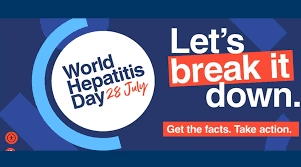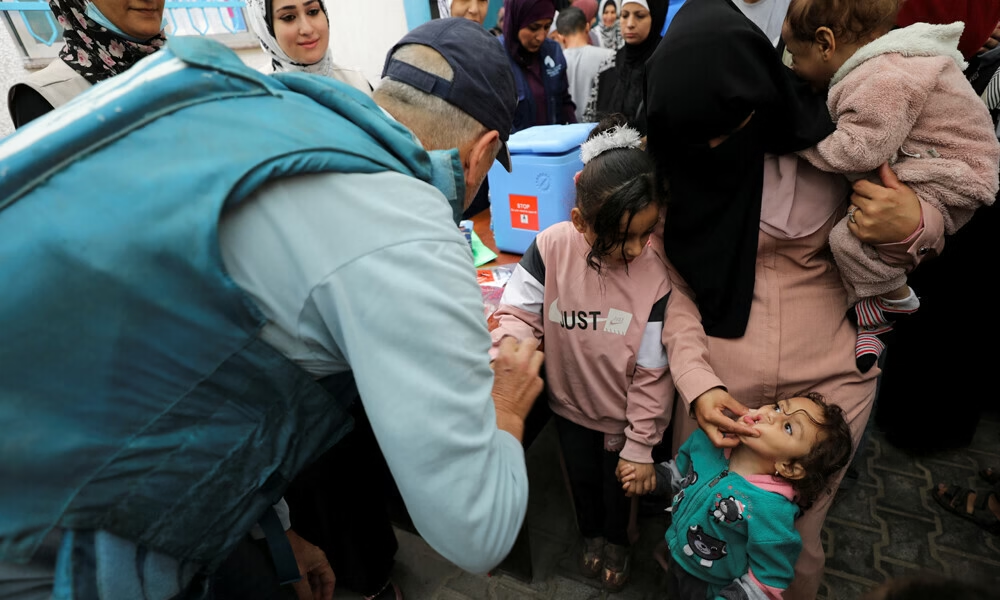Observed every year on July 28, World Hepatitis Day aims to raise global awareness about viral hepatitis — a group of infectious diseases (A, B, C, D, and E) that affect millions worldwide, often leading to severe liver damage, liver cancer, and death. Despite its enormous impact, hepatitis remains a largely underdiagnosed and undertreated disease, earning it the title of a silent epidemic.
This annual observance serves as a powerful reminder to take preventive action, encourage testing and treatment, and strengthen both public health systems and political commitment toward hepatitis elimination.
2025 Theme: “Hepatitis: Let’s Break It Down”
This year’s theme calls for dismantling the barriers—systemic, social, and financial—that prevent effective hepatitis prevention and care. These include:
- Fragmented healthcare systems
- Social stigma and misinformation
- Limited access to affordable diagnosis and treatment
The campaign urges countries to simplify and integrate hepatitis services into primary healthcare. This includes:
- Widespread vaccination
- Accessible screening and diagnosis
- Timely and affordable treatment
- Public education on liver health
Global Burden and the Urgency for Action
According to the World Health Organization (WHO):
- Over 300 million people are living with chronic hepatitis B or C.
- Most are unaware of their infection.
- More than 1 million deaths occur annually from hepatitis-related complications like liver cirrhosis and liver cancer.
Key Steps to Prevent Hepatitis
✅ Get Vaccinated
- Infants should receive the hepatitis B vaccine within 24 hours of birth.
- All adults, especially those at high risk, should be vaccinated against hepatitis A and B.
✅ Practice Safe Behaviors
- Avoid sharing needles, razors, or toothbrushes.
- Ensure the use of sterile equipment for tattoos and piercings.
- Practice safe sex to reduce transmission risk.
✅ Ensure Food and Water Safety
- Wash hands frequently.
- Consume food and water only from clean, reliable sources to avoid hepatitis A and E.
✅ Get Tested and Treated
- Testing is vital if you have:
- A history of blood transfusions before 1992
- Drug use
- A family history of hepatitis
- New antiviral therapies can cure hepatitis C and effectively manage hepatitis B when diagnosed early.
Together Toward a Hepatitis-Free Future
World Hepatitis Day 2025 is not just a moment for reflection—it’s a call to action. Let’s break down barriers to care, promote early detection, and demand integration of hepatitis services into everyday healthcare. By working together—governments, health professionals, and communities—we can turn the tide and build a future free of viral hepatitis.



